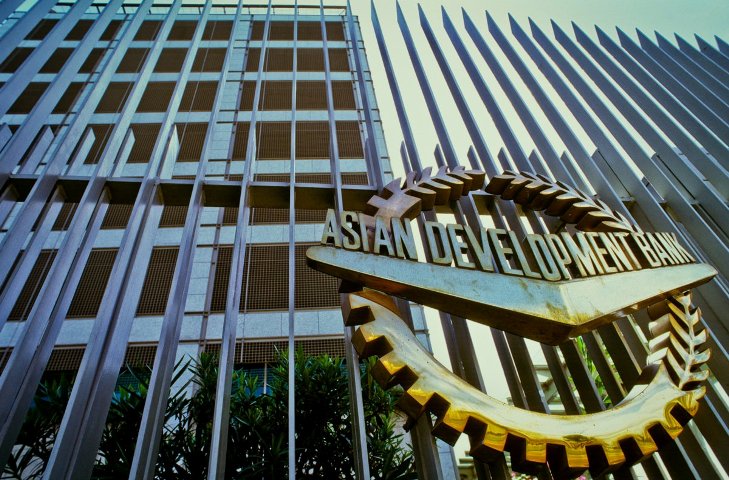The Asian Development Bank (ADB) has announced its commitment to mitigate lead exposure as part of the newly launched Partnership for a Lead-Free Future, a global initiative spearheaded by UNICEF and USAID. This initiative aims to eradicate childhood lead exposure by 2040, targeting high-risk countries such as Bangladesh, Indonesia, India, and Nepal across Asia and the Pacific.
Lead contamination, particularly from informal used lead-acid battery recycling, presents a significant health crisis in the region. An estimated 400 million children are affected by toxic lead exposure, which leads to cognitive impairments, various health complications, and substantial economic losses. The global economic toll of lead-related cognitive underdevelopment is around $1 trillion annually, underscoring the urgency of addressing this issue.
ADB’s participation in the partnership reinforces its commitment to tackling health and environmental challenges in developing Asia and the Pacific. Scott Morris, ADB Vice-President for East and Southeast Asia, stated, “Lead exposure doesn’t just affect children’s health—it holds back entire economies. The Partnership for a Lead-Free Future is an important step in addressing this environmental, health, and economic issue. We will dedicate ADB’s expertise and resources to help ensure that countries across Asia and the Pacific can mitigate lead exposure, enhance public health, and secure a healthier, more productive future for all.”
To operationalize this commitment, ADB is embedding lead management into its broader environmental safeguards and technical assistance programs. The bank has initiated engagements with governments in Indonesia, India, and the Philippines to confront lead contamination challenges directly. ADB will co-host a technical side event on lead pollution at the 12th Asia Pacific Regional Forum on Health and Environment in Jakarta on September 25, providing a platform to advance the lead elimination agenda. This forum will be co-organized with the governments of Indonesia, Japan, and Thailand, alongside USAID and the World Bank, showcasing innovative research and effective strategies for reducing lead poisoning.
In collaboration with the Global Environment Facility and the United Nations Industrial Development Organization, ADB is also developing the Chemical and Wastes Financing Partnership Facility, the first initiative of its kind aimed at scaling chemical management, including lead mitigation, across the region. This initiative aligns with ADB’s ongoing efforts to manage hazardous waste, enabling governments to regulate industries effectively, replace hazardous materials, and enforce stringent environmental standards.
Moreover, ADB plans to integrate lead elimination strategies into its universal health care support programs, beginning in the Philippines. These programs are designed to ensure equitable access to health services, address gender-specific health needs, and mitigate the health impacts of climate change, providing a holistic approach to public health and environmental safety.
As the ADB takes these significant steps, the collaborative efforts across various sectors aim to create a safer, healthier future for children in Asia and the Pacific, emphasizing the critical need for immediate action to combat lead exposure and its detrimental effects on society.











